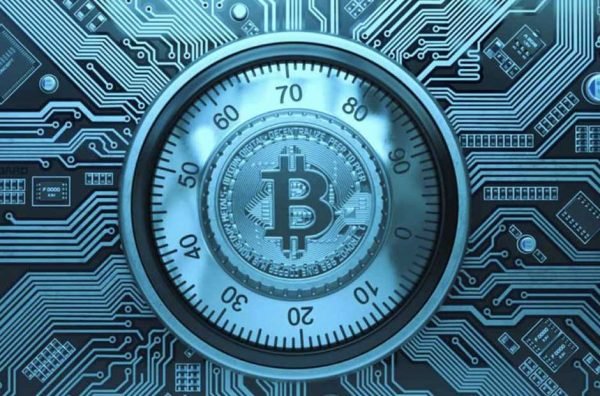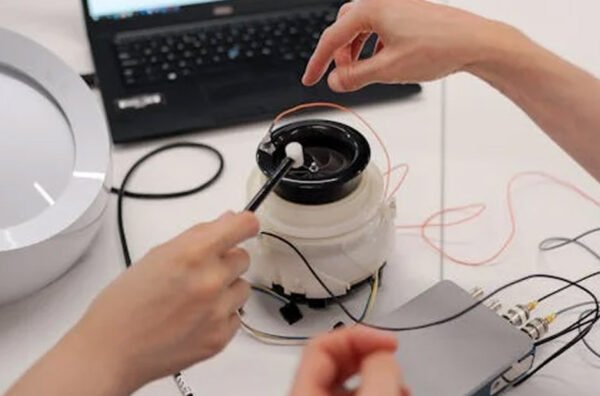Heading to college?
Campus life is exciting, but it’s also fast-paced.
It also demands digital awareness. You’re going to need to navigate a lot of different electronic interactions and communications.
From your studies to your finances, to the regular interactions you’ll take part in your normal daily life, everything is digital.
But here’s the thing:
A digital life, while incredibly convenient, also comes with some downsides.
And you absolutely do NOT want to get caught unprepared or unsecured.
To secure your digital presence, it’s in your best interest to equip yourself with some strong computer skills.
Contrary to popular belief, however, you don’t have to be a world-class hacker to keep yourself safe online.
A few essential safeguards will do a world of good.
These computer tips will let you enjoy a safer, more comfortable digital life on campus starting today.
Table of Contents
Get Your Own Laptop If You Don’t Have One
Using public computers will always put you at a greater level of risk since it uses a shared internet connection (like the WiFi available at the campus coffee shop).
But remember:
When you log in to an account on a public computer, you run the risk of leaving behind digital footprints others can follow later. Worst case scenario, someone may even be able to gain access to your accounts.
And that’s a significant safety red flag.
Numerous risks come from using public computers, including:
- Someone gaining access to your internet activity
- People looking at your monitor
- Public computers can easily contain malware or spyware
- People accessing your browsing history
- Having information stolen
For best results, use your own laptop and use only secure internet connections to log in to important accounts.
Understand Spam and Phishing
Spam and phishing are two prevalent methods that fraudsters use to scam people and steal data.
Malicious emails that look like they’re from official institutions and invites from fake or copycat sites are common examples.
These emails often try to get you to take action, log into accounts, or enter your payment information.
Some phishing attacks are so sophisticated they involve hackers breaking into specific databases. They then steal information and use it to reach out to people like you, who may not realize it’s a scam.
Always be extremely careful when you get emails asking you to perform some function.
If they’re asking you to input your credit card information, your SSN, a password, a username, or even your address, you have cause to be suspicious.
If in doubt, contact the company or agency via phone to verify that the email was legitimate.
Understand Online Shopping Safety
A lot of students shop online. It’s convenient and can save you a lot of money.
But there are also dangers associated with shopping via the internet.
You always want to be careful of where you’re clicking. Beware of ads that take you to unknown websites.
Also, make sure that you only shop online via reputable businesses. One good rule of thumb is to call the merchant if you’ve never done business with them before, just to make sure that they’re legitimate.
Only use secure WiFi when shopping to avoid sending sensitive financial information via a public network.
Always Backup Your Data
Securing your work and data is another crucial thing to keep in mind while in college.
What if your huge essay got lost due to a cyberattack or data breach?
For best results, always make sure to store essential data in secure places where you’re unlikely to experience a breach.
A USB stick, an external hard drive, secure cloud storage, or secure network attached storage are excellent options.
Keep Passwords Updated and Strong
Believe it or not, staying safe online isn’t always rocket science.
It all comes down to the simple stuff — changing your passwords regularly and making them complex enough that hackers can’t guess them.
Also, ensure you use different passwords for all your various accounts.
This makes it more difficult for hackers and fraudsters to gain access to more of your sensitive information.
Keep Your Software and Program Up-to-Date
Keeping all of your software, operating systems, and browsers up-to-date is another way to stay safe and protected.
This may seem really common sense. And it is. But many people fall victim to security flaws because they neglect to update their software, browser, or OS.
Keep Daily Tabs on Your Digital Accounts
As you navigate the digital world and share information, it’s essential to keep tabs on your accounts.
Ideally, you should check your online bank accounts at least once per day. It ensures you don’t miss any suspicious activity your bank should flag.
Keep an eye out for:
- Transactions that you didn’t make
- Suspicious withdrawals
- Anything else indicating someone else has access to your accounts and money
If you come across any suspicious activity, make sure to report it to your bank and figure out where it came from. You may need to get a new debit card, cancel a credit card, or open an entirely different account.
Monitor Your Credit Score
It may sound like something only parents do. But it’s vital to monitor your credit score.
You can use a service like CreditWise to help you keep track of the things going on with your credit score. It will ping you if someone tries to use your SSN or name to take out a loan or open another account.
Conclusion
These are the best ways to secure your digital life on campus and avoid cybersecurity problems and data breaches.
An ounce of simple prevention is worth a pound of tremendous cure.
So stay updated, and be safe.
Author bio:
Adam Marshall is a freelance writer who specializes in all things apartment organization, real estate, and college advice. He currently works with Grove at Cheney to help them with their online marketing.





